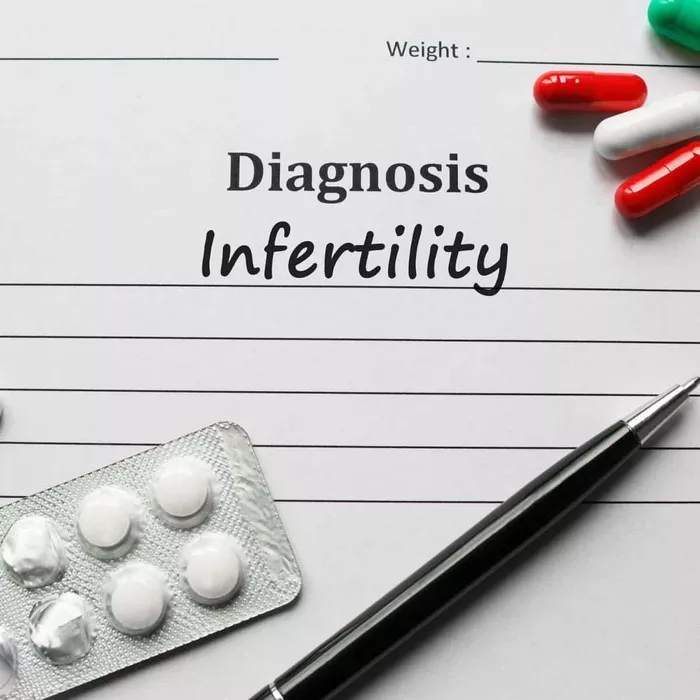Chemotherapy, often referred to as “chemo,” is a common treatment for cancer. It involves the use of powerful drugs to kill cancer cells or stop them from growing and spreading. Chemotherapy can be administered in various ways, including intravenously, orally, or through injections. It is typically used in combination with other cancer treatments such as surgery, radiation therapy, or targeted therapy.
Impact on Fertility
One of the significant concerns for men undergoing chemotherapy is its potential impact on fertility. Certain chemotherapy drugs can adversely affect a man’s ability to father children by reducing sperm count and impairing sperm quality. The extent of this impact varies depending on factors such as the type of drugs used, the dosage, and the duration of treatment. Some chemotherapy drugs are more damaging to sperm production than others, and the risk of infertility may increase with higher doses or prolonged treatment regimens.
Risk Factors for Infertility
Several factors influence the risk of infertility in men undergoing chemotherapy. The type of drugs used is a crucial determinant, as certain chemotherapy agents are known to be more toxic to the testes, where sperm production occurs. Additionally, the dosage and duration of chemotherapy treatment play a significant role in determining the extent of damage to fertility. Younger men may have a higher chance of preserving fertility compared to older men, as sperm production tends to decline with age.
Temporary vs. Permanent Effects
It is essential to understand that infertility resulting from chemotherapy can be temporary or permanent. In some cases, sperm production may recover after treatment is completed, allowing for natural conception. However, for others, the damage to sperm production may be irreversible, leading to permanent infertility. The likelihood of fertility recovery depends on various factors, including the specific chemotherapy regimen used, the duration of treatment, and individual differences in response to treatment.
Sperm Banking as an Option
For men who are concerned about the potential impact of chemotherapy on their fertility, sperm banking offers a proactive solution. Sperm banking, also known as sperm cryopreservation, involves collecting and storing sperm samples before starting chemotherapy or other treatments that may affect fertility. These samples can be preserved for an extended period, allowing men to preserve their fertility potential for future use. Sperm banking provides a sense of security and peace of mind for men undergoing cancer treatment, knowing that they have the option to pursue fatherhood later in life.
Contraception Advice during Chemotherapy
It is crucial for men undergoing chemotherapy to use effective contraception to prevent unintended pregnancies during treatment. Chemotherapy drugs can pose significant risks to a developing fetus, potentially causing birth defects or other complications. Therefore, men and their partners should use reliable contraception methods recommended by their healthcare providers throughout the course of chemotherapy treatment. This precautionary measure helps to minimize the risk of harm to any potential offspring and ensures the safety of both the patient and their future family.
Recovery Time for Fertility
The recovery period for fertility post-chemotherapy can vary widely among individuals. Some men may experience a relatively quick restoration of sperm production, while others may require months or even years to regain fertility. Factors such as the type and dosage of chemotherapy drugs, the duration of treatment, and the age and overall health of the individual can influence the speed and extent of fertility recovery. It is essential for men to be patient and proactive in monitoring their fertility status following chemotherapy and to consult with their healthcare providers regularly.
Consultation with Healthcare Providers
Men facing cancer treatment and concerns about fertility should have open and honest discussions with their healthcare providers. It is essential to communicate any concerns or preferences regarding fertility preservation before starting chemotherapy. Healthcare providers can offer personalized guidance based on the individual’s medical history, cancer diagnosis, and treatment plan. They can also provide information about available fertility preservation options, such as sperm banking, and help patients make informed decisions about their reproductive health.
Conclusion
In conclusion, chemotherapy can indeed impact a man’s fertility, but the effects can vary depending on several factors. Understanding the risks, exploring fertility preservation options such as sperm banking, and maintaining open communication with healthcare providers are essential steps for men undergoing cancer treatment. By taking proactive measures and seeking appropriate support, men can better manage concerns about fertility and focus on their overall health and well-being during and after chemotherapy.
























